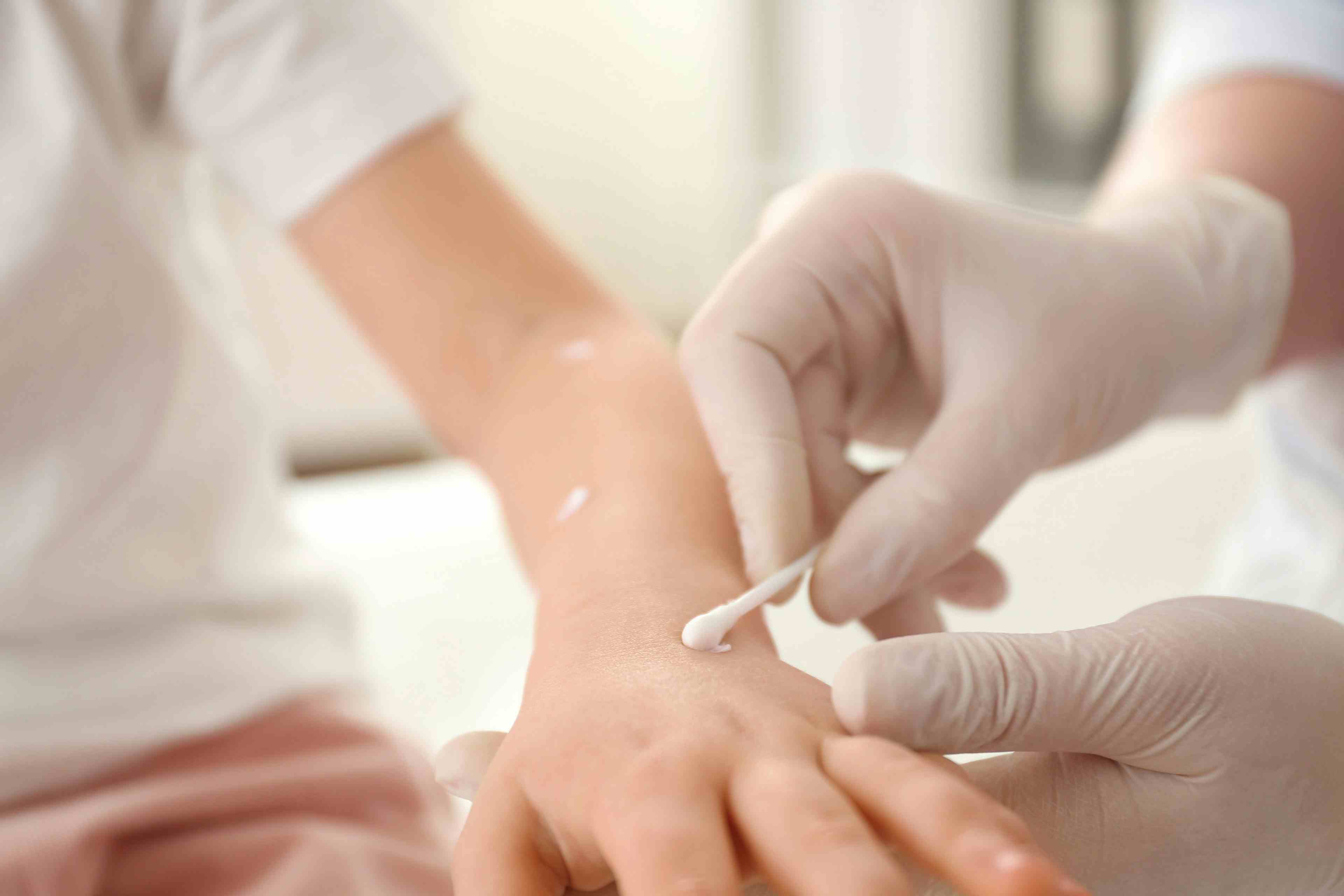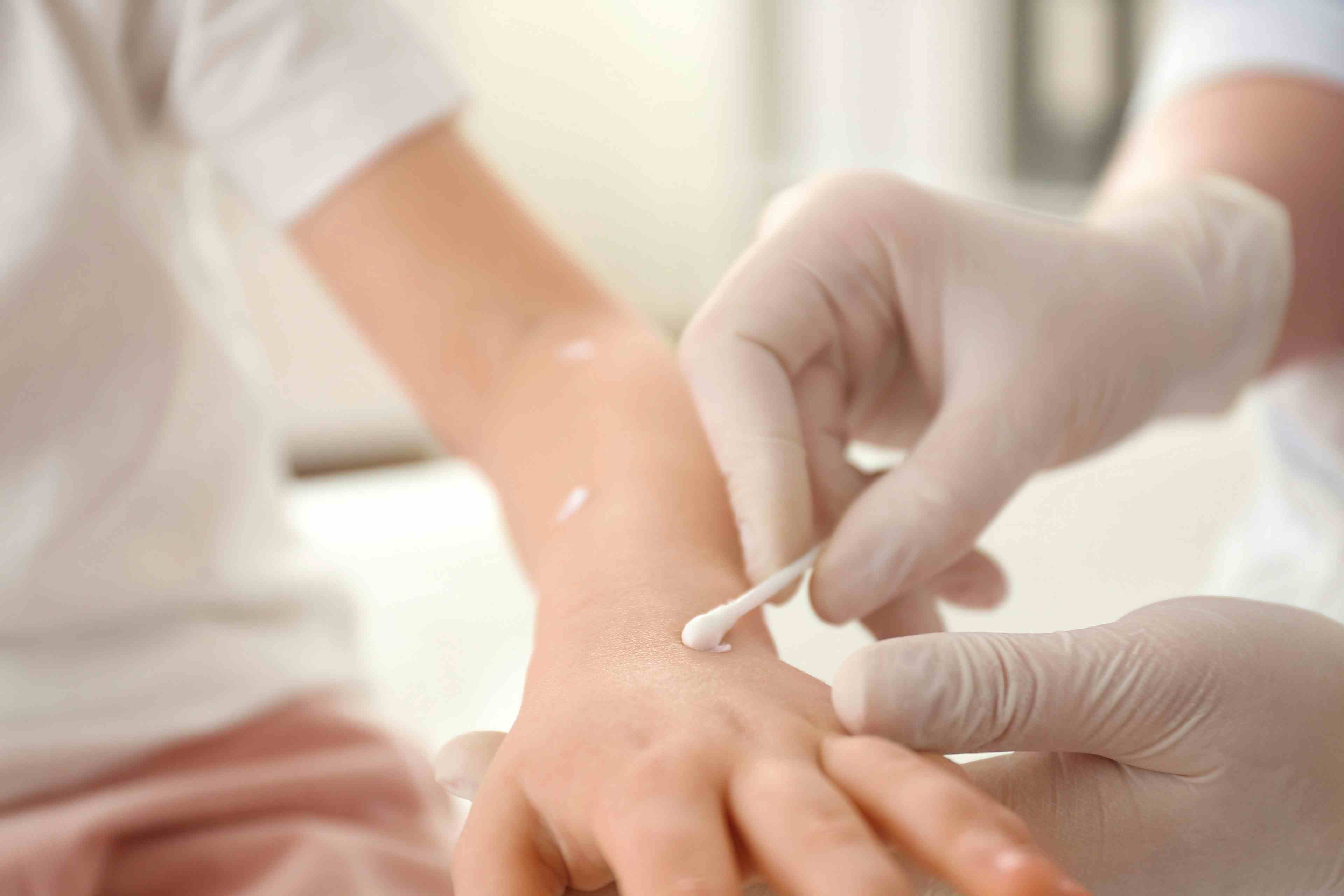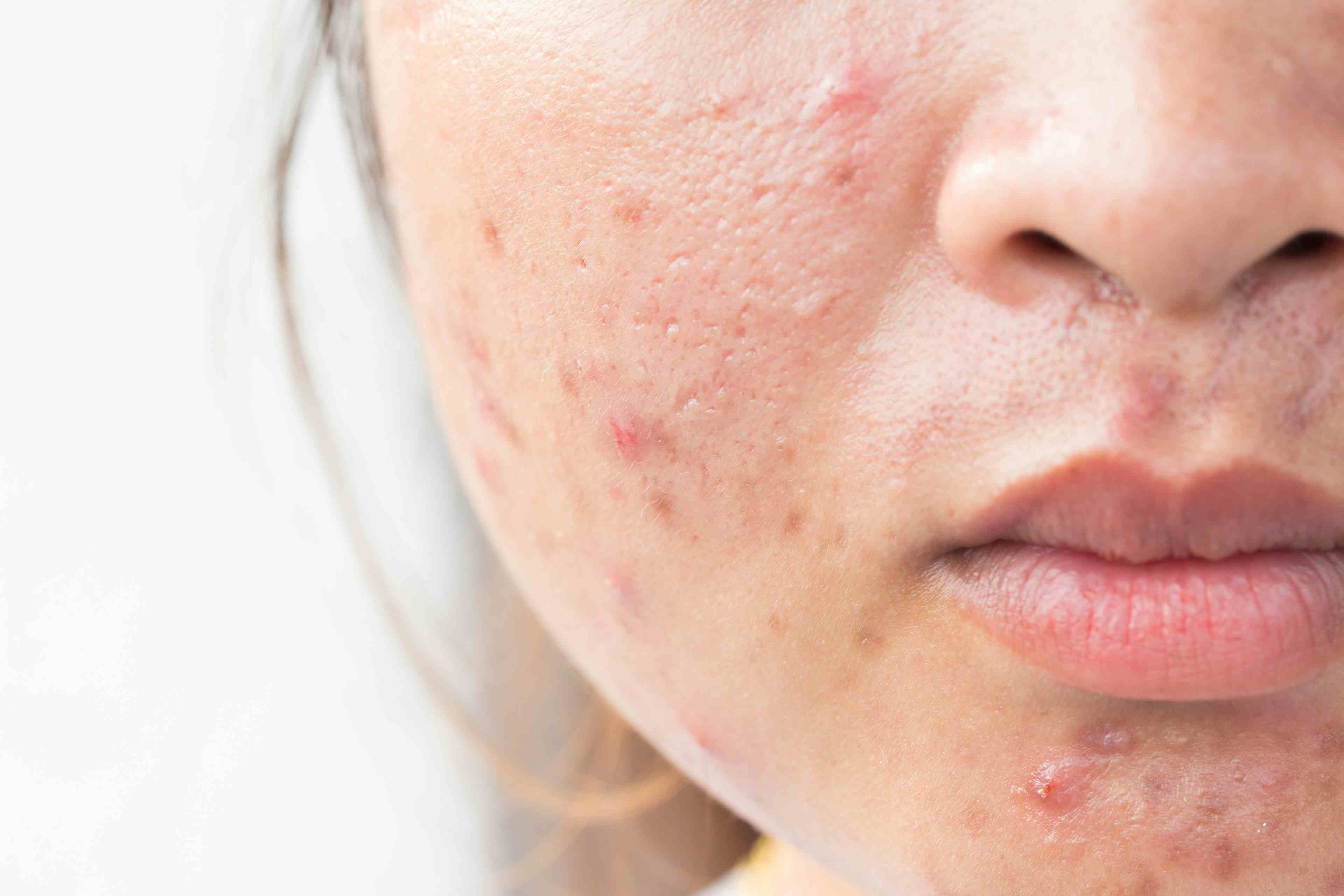- Acne
- Actinic Keratosis
- Aesthetics
- Alopecia
- Atopic Dermatitis
- Buy-and-Bill
- COVID-19
- Case-Based Roundtable
- Chronic Hand Eczema
- Chronic Spontaneous Urticaria
- Drug Watch
- Eczema
- General Dermatology
- Hidradenitis Suppurativa
- Melasma
- NP and PA
- Pediatric Dermatology
- Pigmentary Disorders
- Practice Management
- Precision Medicine and Biologics
- Prurigo Nodularis
- Psoriasis
- Psoriatic Arthritis
- Rare Disease
- Rosacea
- Skin Cancer
- Vitiligo
- Wound Care
Article
Children's MRSA infections rise
The number of children hospitalized for skin and soft-tissue infections, mainly due to community-acquired methicillin-resistant Staphylococcus aureus (MRSA), has more than doubled over the past decade, Medical News Today reports.
Sacramento, Calif. - The number of children hospitalized for skin and soft-tissue infections, mainly due to community-acquired methicillin-resistant Staphylococcus aureus (MRSA), has more than doubled over the past decade, Medical News Today reports.
To determine reasons why children are hospitalized and outcomes of those hospitalizations, researchers led by Patrick S. Romano, M.D., of the University of California, Davis, analyzed data from more than 40 states between 2000 and 2007. They found that severe skin infection climbed from the 13th most common reason for hospital admissions among children in 2000 to seventh place in 2007. The biggest increase, which the researchers attributed to the manner in which physicians treated MRSA, occurred from 2000 to 2005.
Medical News Today quotes Dr. Romano as saying, “In the early part of the decade, clinicians generally didn’t recognize the growing prevalence of community-acquired MRSA. Starting around 2005, physicians began treating community-acquired MRSA more effectively.”
He says that often parents “don’t recognize that their kid’s abscess or other soft-tissue infections might be MRSA, because the child hasn’t been in nursing homes or hospitals, where you usually think of getting staph infections.”
Once parents are better educated about the signs of MRSA in their children and know to seek early treatment, hospitalizations will probably decrease, Dr. Romano says. The study appears online in the journal Academic Pediatrics.
Newsletter
Like what you’re reading? Subscribe to Dermatology Times for weekly updates on therapies, innovations, and real-world practice tips.
















